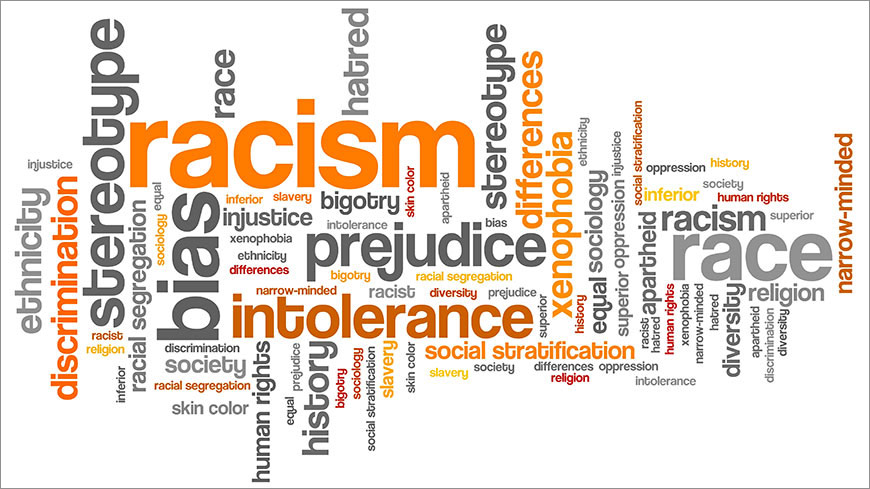The European Commission against Racism and Intolerance (ECRI) has published today four country reports on Andorra, Bosnia and Herzegovina, Iceland and Luxembourg, analysing recent developments and making recommendations to the authorities. The respective governments’ comments were also published.
Andorra has made progress in improving criminal law provisions and developing educational programmes to combat racism and discrimination, ECRI says. However, additional measures are needed, such as ensuring the existence of a specialised anti-discrimination body or the adoption of legislation introducing the principle of the sharing of the burden of proof in discrimination cases. The report also points out the lack of progress in easing the requirement for obtaining Andorran citizenship or in allowing the possibility of holding dual nationality.
While welcoming the quick reaction by the politicians to the attacks against returnees, and measures taken to resolve problems of discrimination faced by the Roma community in Bosnia and Herzegovina, the anti-racism commission denounced a persistent lack of political will to build an inclusive society in Bosnia and Herzegovina. Ethnically segregated education systems are still in place and the political elites of the three main ethnic groups show no willingness to embrace integrated schools. Inter-ethnic tensions remain dangerously high and hate speech is still frequently used in the public discourse.
The anti-racism commission welcomes the progress made in Iceland on the rights of lesbians, gays, bisexual and transgender (LGBT) persons, with a positive climate of acceptance formed. It is concerned, however, about increasing racist public discourse with few investigations and so far no prosecutions or convictions under hate speech legislation. Immigrants encounter problems in social integration, in learning Icelandic, access to information and lack of fair employment conditions.
A positive trend in the attitudes towards LGBT persons was also observed in Luxembourg. ECRI noted a responsible approach of the politicians and a firm response of the judiciary to hate speech, major efforts made for good-quality reception of refugees and low rates of racist and homophobic/transphobic violence. However, xenophobia is widely spread on the internet; the Constitution establishes a right to equality for Luxembourgers only, and the penal code does not make racist or homophobic/transphobic motivation an aggravating circumstance.
ECRI has also published today its conclusions on the implementation of its priority recommendations by Germany and Belgium.


